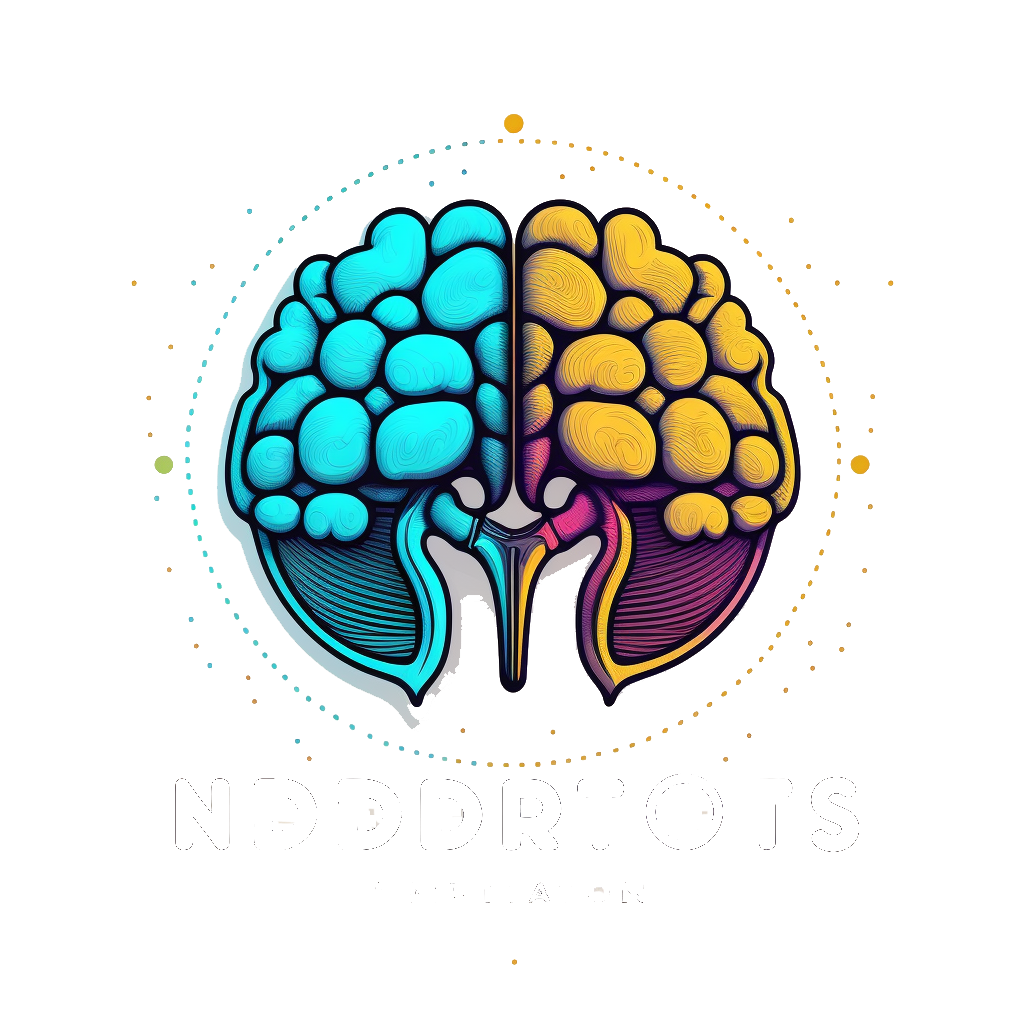N-Acetyl Cysteine (NAC) is a modified form of the amino acid cysteine. With its potent antioxidant and neuroprotective properties, NAC has gained attention as a potential nootropic. NAC has a diverse range of applications in medicine and has shown promise in promoting cognitive health and function. In this article, we will explore the origins and history of NAC, as well as delve into its three key benefits as a nootropic.
A Synthetic Essential Amino Acid
N-Acetyl Cysteine was first synthesized in the 1960s as a derivative of the amino acid cysteine. Cysteine is an important building block for the synthesis of glutathione, a powerful antioxidant present in the body. NAC was developed to improve the bioavailability and stability of cysteine, making it more effective in various therapeutic applications.
Initially, NAC was primarily used as a mucolytic agent, assisting in the breakdown of mucus and improving respiratory conditions. However, its potential benefits in other areas, including brain health, have since been recognized, leading to extensive research on its cognitive-enhancing properties.
Benefits of N-Acetyl Cysteine as a Nootropic
- Antioxidant and Neuroprotective Effects: One of the key benefits of N-Acetyl Cysteine as a nootropic is its potent antioxidant and neuroprotective properties. NAC functions as a precursor to glutathione, a vital antioxidant molecule that helps neutralize free radicals and protects cells from oxidative damage.
Oxidative stress, caused by an imbalance between the production of free radicals and the body’s antioxidant defenses, is a contributing factor to cognitive decline and neurodegenerative diseases. By increasing glutathione levels, NAC helps combat oxidative stress and reduce inflammation in the brain, promoting overall cognitive health.
Furthermore, NAC has been found to support mitochondrial function, the energy powerhouse of cells. It helps maintain mitochondrial integrity and function, thereby protecting neurons from damage and improving overall brain function.
- Mood Enhancement and Mental Health Support: NAC has shown promise in supporting mental health and mood regulation. It modulates the glutamatergic system, affecting the levels of neurotransmitters such as glutamate and dopamine, which play crucial roles in mood and motivation.
Research suggests that NAC supplementation may have a positive impact on mood disorders, including depression and anxiety. NAC’s ability to modulate glutamate levels helps restore the balance of excitatory and inhibitory neurotransmitters, which can alleviate symptoms of depression and anxiety.
Moreover, NAC has been found to support the production of the antioxidant glutathione in the brain. Low levels of glutathione have been associated with various psychiatric disorders. By increasing glutathione levels, NAC may help improve symptoms of mood disorders and enhance overall mental well-being.
- Cognitive Enhancement and Neurological Conditions: NAC has been investigated for its potential cognitive-enhancing effects and its role in the management of neurological conditions. It has shown promise in improving cognitive function, memory, and attention.
Studies have suggested that NAC supplementation may benefit individuals with conditions such as Alzheimer’s disease, Parkinson’s disease, and schizophrenia. NAC’s antioxidant and anti-inflammatory properties help protect neurons from damage, reduce inflammation, and enhance neuronal communication.
Additionally, NAC supports the synthesis of glutathione, which helps detoxify harmful substances in the brain. This detoxification process may aid in reducing oxidative stress and improving cognitive function in individuals with neurological conditions.
